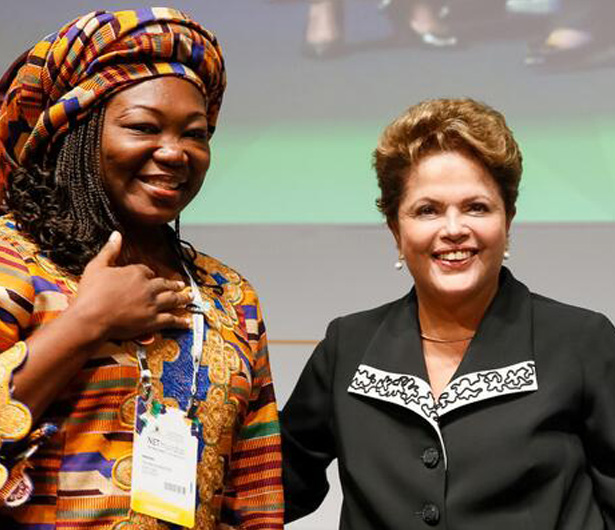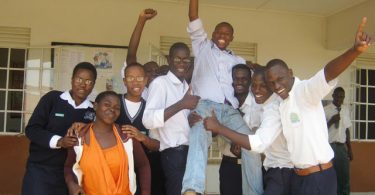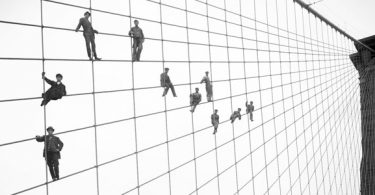Project
This project seeks to raise and amplify the voices of women and girls within a broader push to galvanize debate and mobilise the public nationally and globally for online rights. The ultimate aim is to build positive legal frameworks to entrench an open, neutral, private and universally accessible internet, advancing women’s agency and rights. Focused resources from this grant will be invested in enabling women to join and lead policy dialogue, advocacy, cultural activism and popular mobilisation towards national and global “bills of rights for the internet” that have women’s rights at their core.
Women and girls have relatively little voice in internet policy debates in most countries, but it is critical that this changes. For women, “the internet is a vital public sphere due to barriers of access to [traditional] media or political representation.”[1] As expressed by the Gender Dynamic Coalition in 2011, “Women and girls have, in creative ways, explored and appropriated the power of the Internet to define their agenda and influence social norms and public policies. This active agency of women is an indicator of how the Internet is an exciting frontier of political activity for social change.”
However, as APC points out, inequalities that women face in terms of economic power, education and access to resources also tend to exclude many of them from participating in and shaping the internet. Focus group research by Intel found that "one in five women in India and Egypt believes the Internet is not “appropriate” for them. Gender differentials in access are not well understood, but can be as high as 45 per cent in some African countries, according to Intel’s research. There are also gaps regarding the way women participate in the core infrastructures of the web: even though women hold more than 60 per cent of Information and Communication Technology-related jobs in OECD countries, only 10 to 20 per cent are computer programmers, engineers, systems analysts or designers.
All of this suggests the need to ensure that women and girls have the space, skills and means to participate fully in debates about the future of the internet, and the need to “develop strong policy frameworks that strengthen the Internet as a public domain and uphold its architectural openness as non-negotiable to ensure equitable participation of the marginalized”.
We are working in active fundraising and strategies of inclusion to achieve at least 50% of women participation with a significant percent of women from rural areas across all our programmes and activities.
[1] http://www.apc.org/en/pubs/going-visible-women’s-rights-internet



Leave a Comment